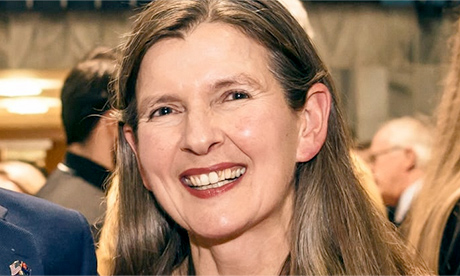Seven years ago I was told I had a 25 percent chance of living five years without the cancer returning; two years ago I was given 12 months to live.
Plainly the upcoming End of Life Choice referendum concerns me, others like me, and all those involved in my care.
I’ve just put the phone down after my phone consultation. My results are excellent.
No new disease showing up in my body and the tumour much the same as it was on the last scan.
I’m back ‘under observation’ (meaning a doctor check-in every six weeks and CT scan every three months).
It’s an upward-swing of the pendulum, another reprieve – delivered with care, grace, attentiveness, in the best possible way.
This was my post-chemotherapy review and I was nervous, though I’m mostly beyond this now.
It’s two years since the cancer – an aggressive soft-tissue sarcoma – spread to the bone in my hip and I was told there was no cure: my treatment from now on would be palliative.
This was a shock.
I’d already been through the treatment mill – radiotherapy every day for close on six weeks.
And here I was almost over the five-year mark, sitting in a golf cart being ferried to the A&E department of my local hospital.
Two years on, and inconceivable as it seems to me, I’m facing the end of my life.
Something personal
We’re coming up to a referendum on this very topic.
I’d like to add something personal to the conversation.
Personally, I’ve noticed the reticence most people have around the subject of unexpected or early death, as if it’s either too delicate to speak about or not worthy of attention.
It seems to me we have a natural barrier to facing the end of life.
It poses us with an immense challenge, a distinct loss of control.
Action being easier than inaction, my first instinct was to fight. I was frightened, I was angry, I was incredulous. How could this be happening to me?
My next instinct was to draw a deep breath, pull myself up tall, and face things square on.
A few years ago, my young daughter took me along to hear Joy Cowley speak.
Her message was startling: ‘Face your fears in life!’
Her talk had a powerful impact on me: I’m indebted to her.
My initial prognosis was 12 months.
It wasn’t long before my oncologist was ‘keeping me alive till Christmas’.
Since then my family and I have lived through two Christmases.
Clearly, in my case at least, there’s deep uncertainty here. The defining clause in the Act relies on this. I’ll be able to ask for an assisted death. Continue reading
